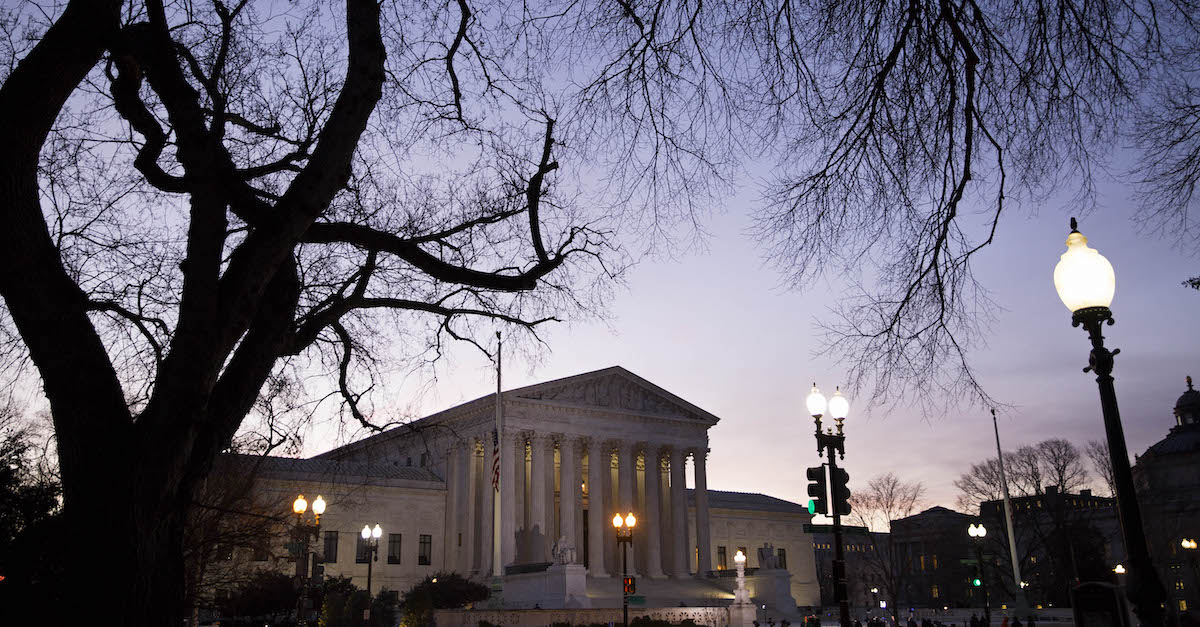
The U.S. Supreme Court on Monday added two new cases to its docket for the next term, including one dealing with the constitutionality of excluding Puerto Rico residents from receiving Supplemental Social Security Income (SSI) and another, more technical case concerning whether a civilian military technician’s pension is payment based on serving “as a member of a uniformed service.”
In the Puerto Rico case, United States v. Vaello-Madero, the question at issue is whether Congress violated the equal protection clause of the Fifth Amendment by establishing SSI—an income supplement program that provides funds to help the disabled and elderly obtain basic needs—in all 50 states, D.C., and the Mariana Islands, but not in Puerto Rico.
The U.S. Court of Appeals for the First Circuit struck down the exclusion last year, reasoning that the omission of the unincorporated U.S. territory did not pass the rational basis scrutiny test.
“The categorical exclusion of otherwise eligible Puerto Rico residents from SSI is not rationally related to a legitimate government interest. In addition to the record established by the parties, we have considered even conceivable theoretical reasons for the differential treatment conceded by the government,” the First Circuit wrote, affirming a lower district court’s ruling. “Having found no set of facts, nor Appellant having alleged any additional theory, establishing a rational basis for the exclusion of Puerto Rico residents from SSI coverage, such exclusion of the residents of Puerto Rico is declared invalid.”
Based on that decision, a district court judge in June ruled that denying a disabled U.S. citizen in Guam SSI benefits also failed the rational basis test. In that case, a Pennsylvania woman suffering from myotonic dystrophy—a degenerative genetic disorder—moved to Guam and stopped receiving SSI while her twin sister in Pennsylvania who suffered the same malady continued receiving the payments.
The Trump administration appealed the ruling in September, noting that the extension of SSI benefits to Puerto Rico alone would cost approximately $23 billion over the subsequent ten years, according to the Social Security Administration.
As Slate’s Mark Joseph Stern pointed out, the lack of a circuit split on the controversy indicates that the justices agreed to hear the case because they intend on overturning the First Circuit’s decision.
The second case the Court will hear is Babcock v. Saul, centers on the Social Security benefits accrued by David Babcock, who was a “dual status” civilian military technician and National Guard flight instructor. The question is whether his contributions to the Civil Service Retirement System are subject to reduced benefits because of the so-called Windfall Elimination Provision, or whether his work falls under the exception to that reduction for persons whose payments are “based wholly on service as a member of a uniformed service.”
Several circuit courts ruled that the exception is not applicable to dual status technicians, while one circuit court, the Eighth Circuit, found that the exception did apply.
[image via Chip Somodevilla/Getty Images]